We all think about the alternative scenario of many events in our lives. Silver prizewinner realizes that he was the closest man to the gold, and winner of the bronze happy that he stands on the pedestal and didn't showed the fourth result.

About 100 years ago American psychologist William James has told about the paradox of human, who died of shame, because he became the second boxer in the world. He can win of every man on the earth, except one. This means that he hasn't reached a full success, hasn't done the last step.
Since 1992 psychologists have conducted a number of researches on this topic among the Olympians. after the Olympic games the researchers made analysis of athletes photos on the podium and their interviews, this studies revealed that the athletes in third place were more happy than silver prizewinners . Psychologists suggest that silver medalists compare their results with the gold winners. And bronze winners think about the athletes, who don't receive a medal at all.
Analysis of the interviews of silver and bronze winners after the awards ceremony also showed that the second place winners often said that they didn't do all what they could for win. Participants who took the third place, on the contrary, glowed from pleasure and told to reporters that today is the best day of their life, and this is only the beginning for future victories.
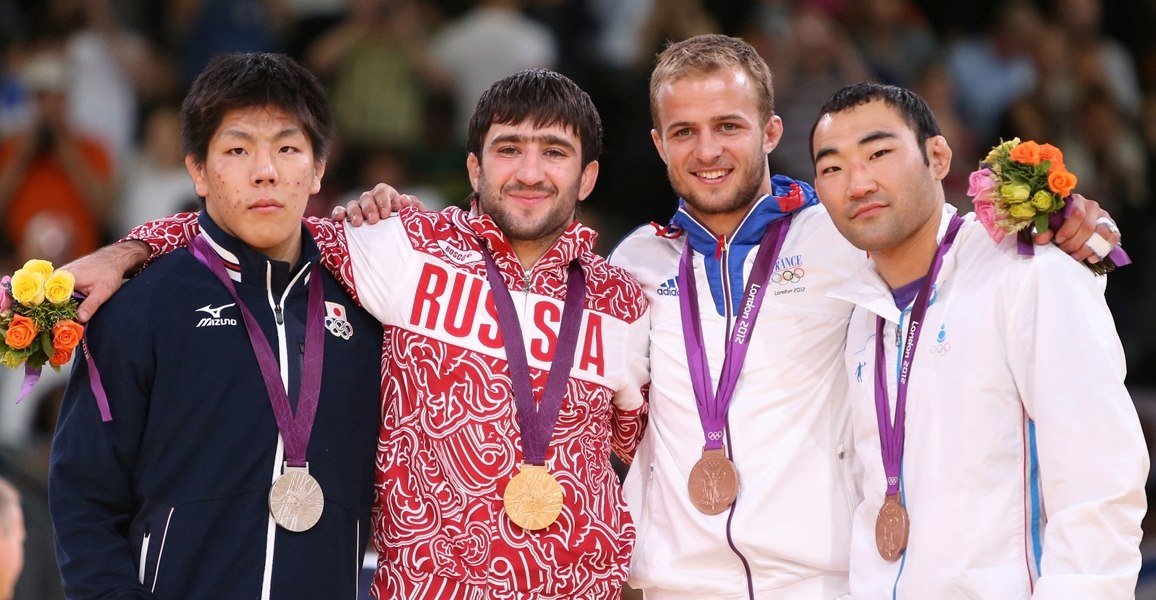
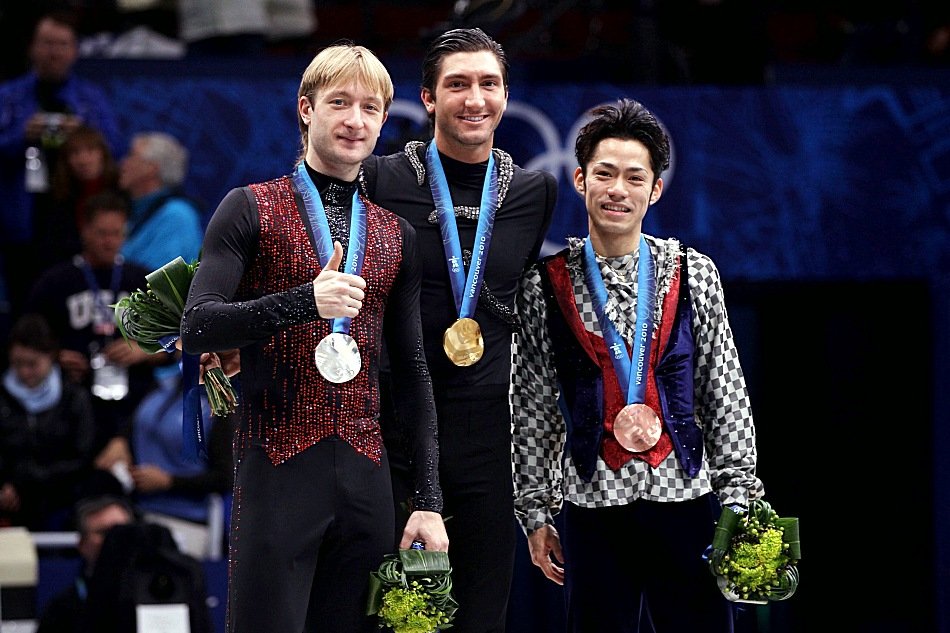
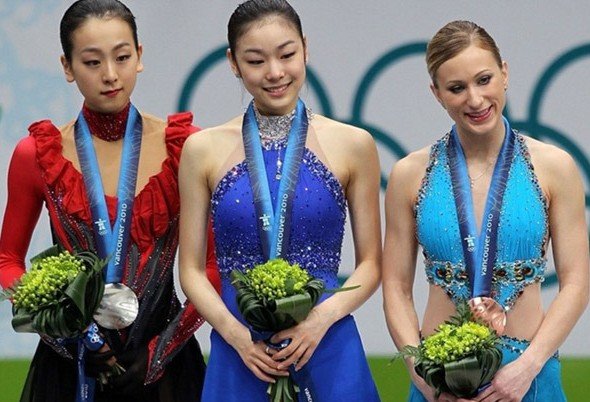

For many decades psychologists have note an irony in the competition of elite athletes. If you do not take into account gold medals, and only look at the second and third steps of the pedestal, men and women with the bronze medals invariably look happier than the silver medalists.

In 2016, another team of researchers used a video of the British Olympic and Paralympic teams from the ceremonies of awarding medals at the 2012 Olympics in London. For the analysis was chosen one team to exclude the difference in vital signs, level of income and education, because they affect what a person is able to feel in a certain situation.
Researchers removed the medals from videos (to avoid their influence on the observer opinion) and provided brief information about the athletes. This action maximally focused the attention of observers on the face of the athletes. The video contains the first five seconds after the entry of athletes on a pedestal. Observers on the basis of the watched videos, answered on the next question:
How do you assess the emotions on the athlete's face (use scale from 0 to 10, where 0 is the agony and 10 is ecstasy)?
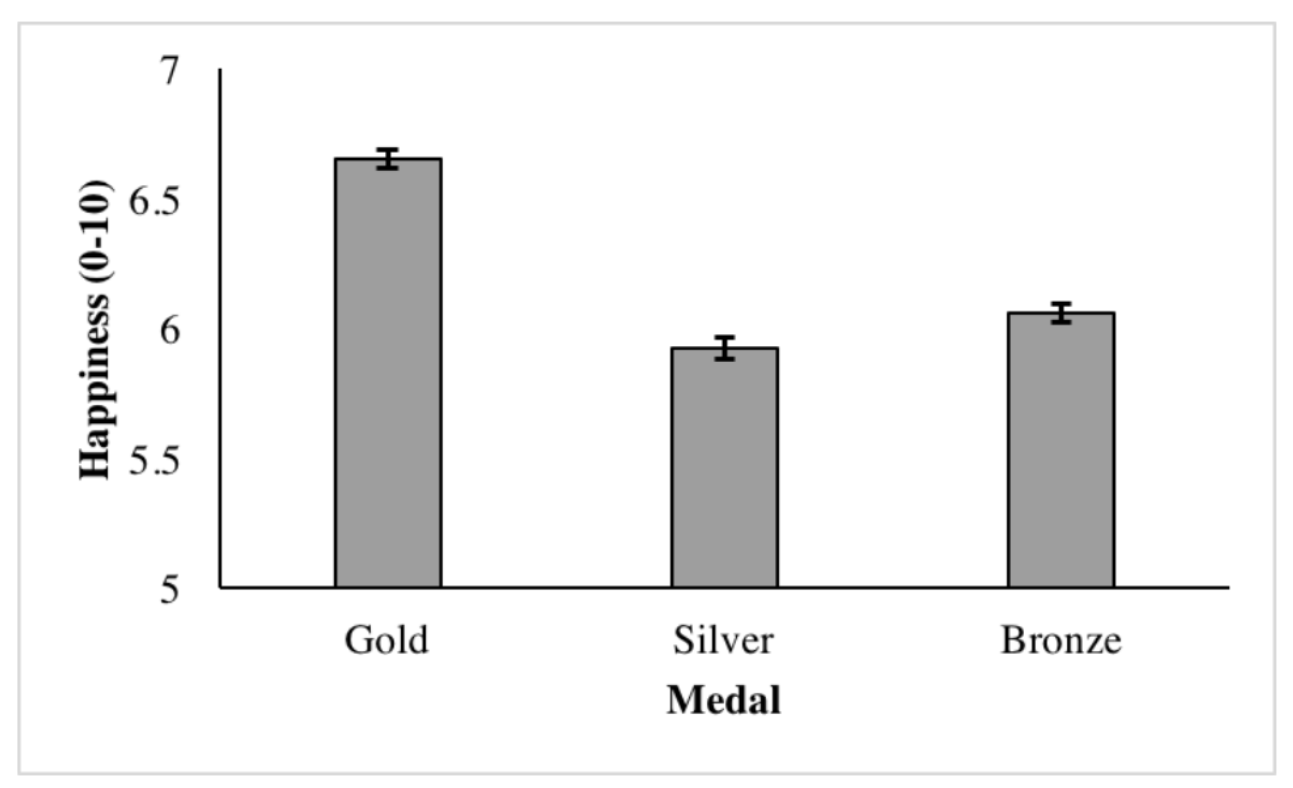
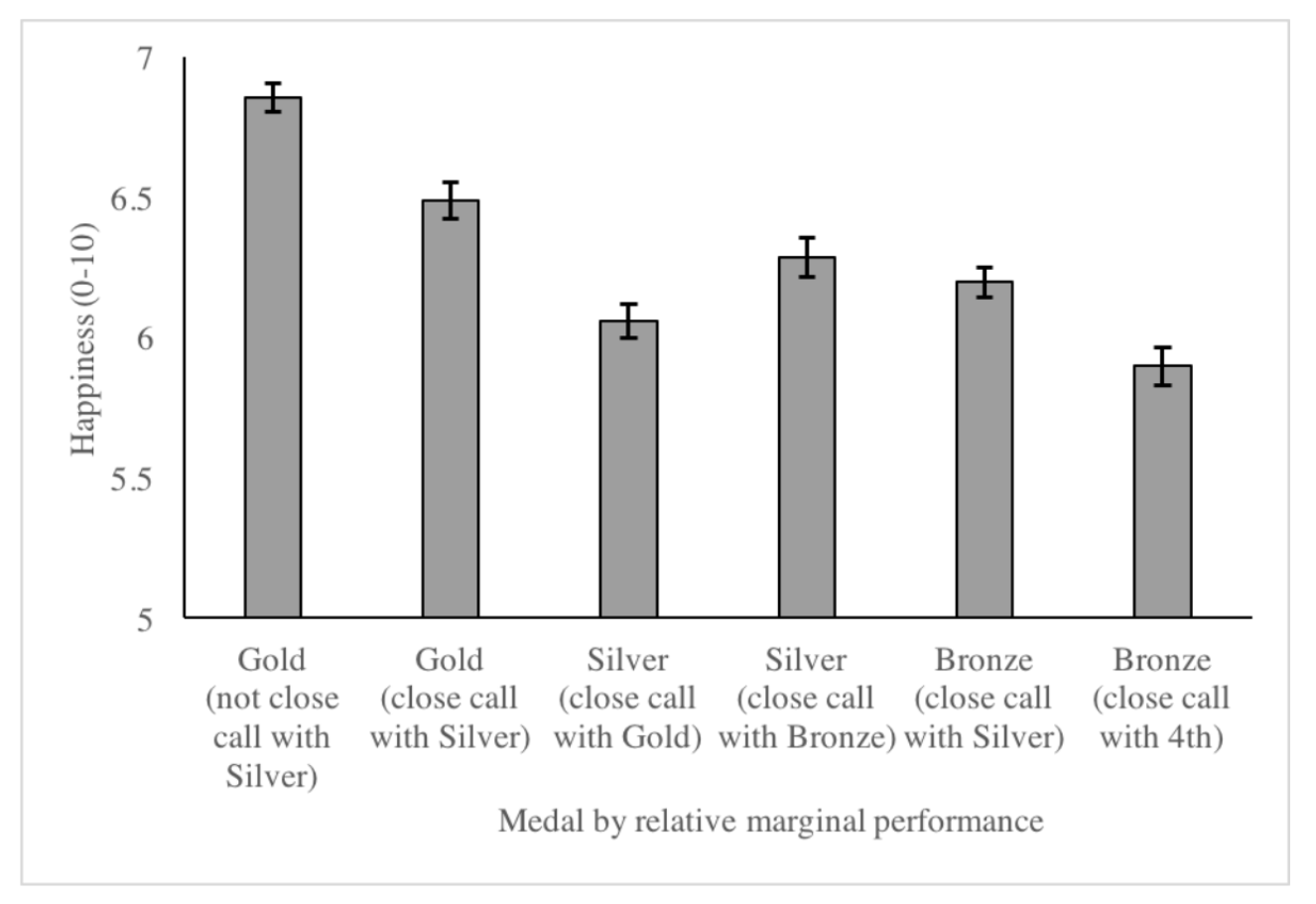
The athletes mood was also depended on their results. Gold winner with results, which were as close as possible to the second place, was less happy than winner by a huge margin. And vice versa: silver medalists were more happy, because they hadn't became the third (by showing a close result to this place), and was upset if he was on the verge of full victory.
The results of these research can be use not only in the field of sports. Try to remember your life situation, each of us have cases when we were the seconds among many. What did you feel? Didn't made all that you could? Or you are just not lucky and you are happy no matter what?
